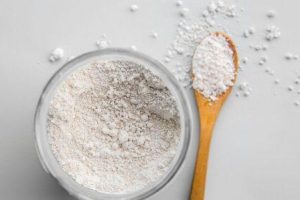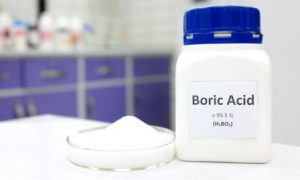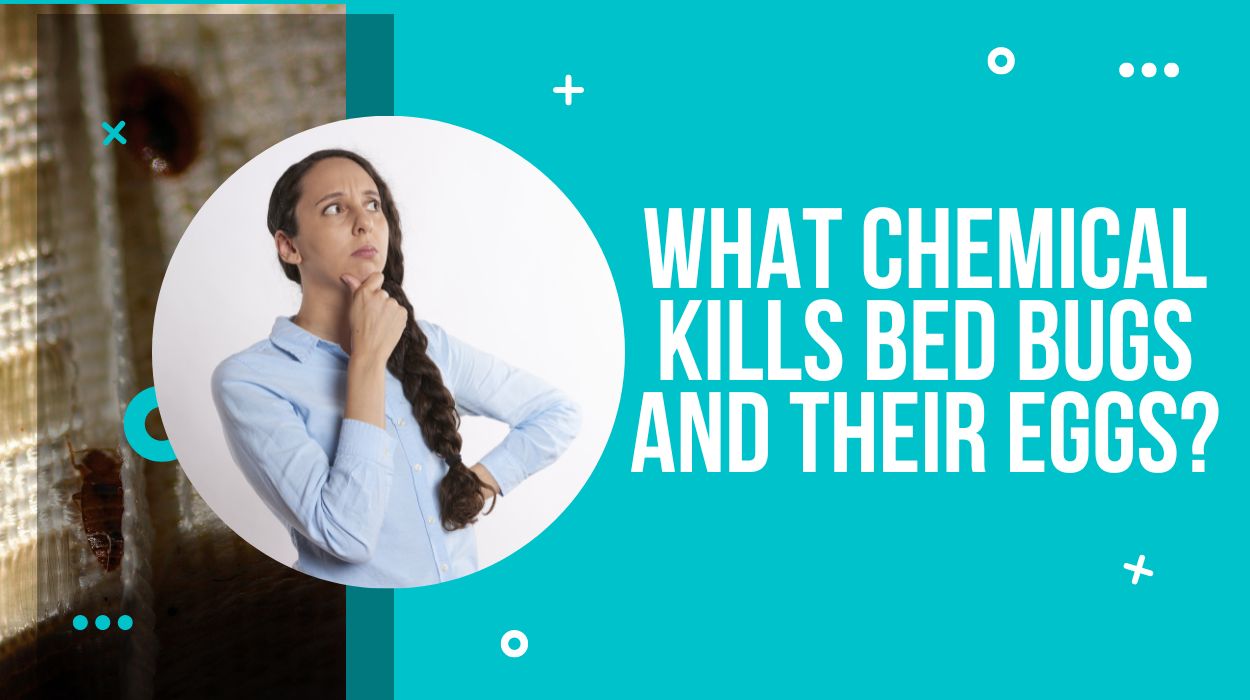In recent years, the issue related to bed bugs has witnessed a considerable rise worldwide. Every one out of five households reports bed bug issues every year.
It doesn’t matter if you have purchased your mattress from the best mattress company in India, China, the US, or anywhere else. Bed bugs can still enter your house and cause issues like spots, redness, itchiness, and more, making it essential for us to get rid of them quickly.
There have been a lot of methods that can be performed to prevent the concern of bed bugs and their eggs. The use of chemicals can be an exceptional solution for limiting bed bugs problem.
This brings up the question of what chemicals can help in preventing bed bugs issue.
I’ll list down all the essential chemicals that can help get rid of bed bugs and their eggs in this article.
6 Chemicals To Kill Bed Bugs
1. Pyrethrins and Pyrethroids
Pyrethrins can prevent bed bugs as they are botanical insecticides and are occupied by chrysanthemum flowers. This method is also effective in controlling their eggs.
However, pyrethrins are used quite frequently on bed bugs, due to which some beg bugs have become resistant to pyrethrins chemical, and this might work on them only temporarily.
Pyrethroids also act like pyrethrins. Both compounds work great in treating bed bugs and are lethal. They can kill bed bugs quickly, including all of their hiding areas as well since both are synthetic chemical insecticides.
Just like pyrethrins, pyrethroids might also work temporarily on bed bugs as they are resistant to this chemical as well.
Therefore, in such cases, a combination of multiple chemicals classes can work more effectively if pyrethrins or pyrethroids then to be resistant.
2. Desiccants
Desiccants can help destroy the outer protective layer of a bed bug. Once they have destroyed this coating, bed bugs would slowly get dehydrated and then die.
Since desiccants operate through the action of a physical mode, bed bugs can’t resist it, unlike pesticides of different action modes. Desiccants should not be spread across the surface and be used only on crevices and cracks, so the desiccant powder has minimized human inhalation.
Before using these desiccants to get rid of bed bugs and their eggs, you should know these desiccant methods tend to work slower than insecticides, as the method of insecticides process is physical due to which it shows rapid results.
While desiccants are a chemical process, it can take a bit more time to kill bed bugs. Also, bed bugs need to be all around the area where you have applied the chemical to work correctly.
So make sure bed bugs makes physical contact for desiccant to be deadly. Even though the desiccant method might be slower than other methods, it shows the most long-lasting results.
Some Examples Of Desiccants Are:
Diatomaceous Earth

Diatomaceous earth is a desiccant that helps kill bed bugs through dehydration. It doesn’t include any kind of pesticides or dangerous compounds. It is a natural, non-toxic barrier that can kill bed bugs.
Boric Acid

Borax acid is an effective way to get rid of bed bugs as it suffocates these bugs and then kills them. For this process, you should remove all the bedding that is present in your bed.
Then sprinkle a sufficient amount of borax on your mattress, make sure you cover all the areas, and then fill up the plastic bottle with water and use it on your mattress.
This way, the bed bugs will suffocate, which will help in killing them.
Ensure you have checked and chosen a desiccant that is registered by an EPA and have a label written for beg bug control before you go on using a desiccant.
There are several desiccants available that are intended for food-grade use, swimming pools, and more. Therefore you use particular desiccants which are for killing bed bugs.
3. Pyrroles
Currently, chlorfenapyr is considered the only pyrrole pesticide that can kill bed bugs and their eggs. Pyrroles will only become lethal once it has entered the body of the bed bug.
Since pyrroles itself isn’t lethal, it would require a combination of another insecticidal method to kill these bed bugs.
Also, the pyrroles process takes time to show results because it requires the chemical to enter the metabolism of the bed bug to kill it as it is a pro-insecticide compound. Once the metabolism process has taken place, pyrroles disrupt the ability of bed bugs to transfer energy in the cells—resulting in killing the bed bug from the inside out.
4. Neonicotinoids
Neonicotinoids are nicotine of synthetic form, and they act on the nicotinic receptors, which is the nervous system.
Neonicotinoids utilize various modes of action. These neonicotinoids directly attack bed bugs’ nervous system, making it special pest control. Certain bugs that can be unaffected by various pesticides or solutions will be vulnerable to neonicotinoid.
Neonicotinoids are also a great alternative to pyrethroids and pyrethrins if bed bugs can resist the chemicals.
5. Insect Growth Regulators

Insect growth regulators are the chemicals that work either by altering insects’ development into adulthood or by changing the chitin’s production as they mimic juveniles.
The insect compound makes the exoskeleton or their hard external shell. While some growth regulators directly force the insect into developing quickly while other regulators stop development.
Both alterations can help in damaging and killing bed bugs. Insect growth regulators can disrupt the production of bed bugs chitin, the compound which is involved in killing bed bugs.
6. Biochemicals

Cold-pressed neem oil is obtained from the tree of the neem and is considered a great solution for treating bed bugs concern. They are considered an individual biochemical that can work in preventing the problem of bed bugs.
The neem oil includes compounds that are insecticidal, and it has been proven effective in killing bed bugs in all life stages and has also been officially registered as an excellent method to kill bed bugs and their eggs.
Neem oil is likely to repel bed bugs away from the areas where it has been sprayed. However, neem oil might lose its potency after one week. Therefore, it is best to use these neem oils along with a combination of several other effective processes.
FAQs
1. How long can an insecticide process take to kill bed bugs?
An insecticide process can take about thirty to two hours of time to kill bed bugs. The condition and amount of bed bugs found also play a significant role in determining the time to complete the process.
2. Should I sleep in my bed after the treatment of bed bug?
Yes, you can sleep in your bed after the treatment but, make sure you have applied an encasement on your box springs and mattress. This way, bed bugs that have survived won’t be able to leave the encasement.
You May Also Like To Read:
How Long Do Scabies Live In Your Mattress?
How To Clean Mattress In Simple Steps?
Conclusion
Bed bugs are a standard issue faced by people worldwide, and you can take care of this problem by performing various techniques and methods to get rid of them.
Here we mentioned all the chemicals that can assist you in preventing bed bugs and their eggs. All these chemicals are effective and helpful in killing bed bugs.
Tell us in the comments if you have any doubts or concerns regarding these chemicals.


